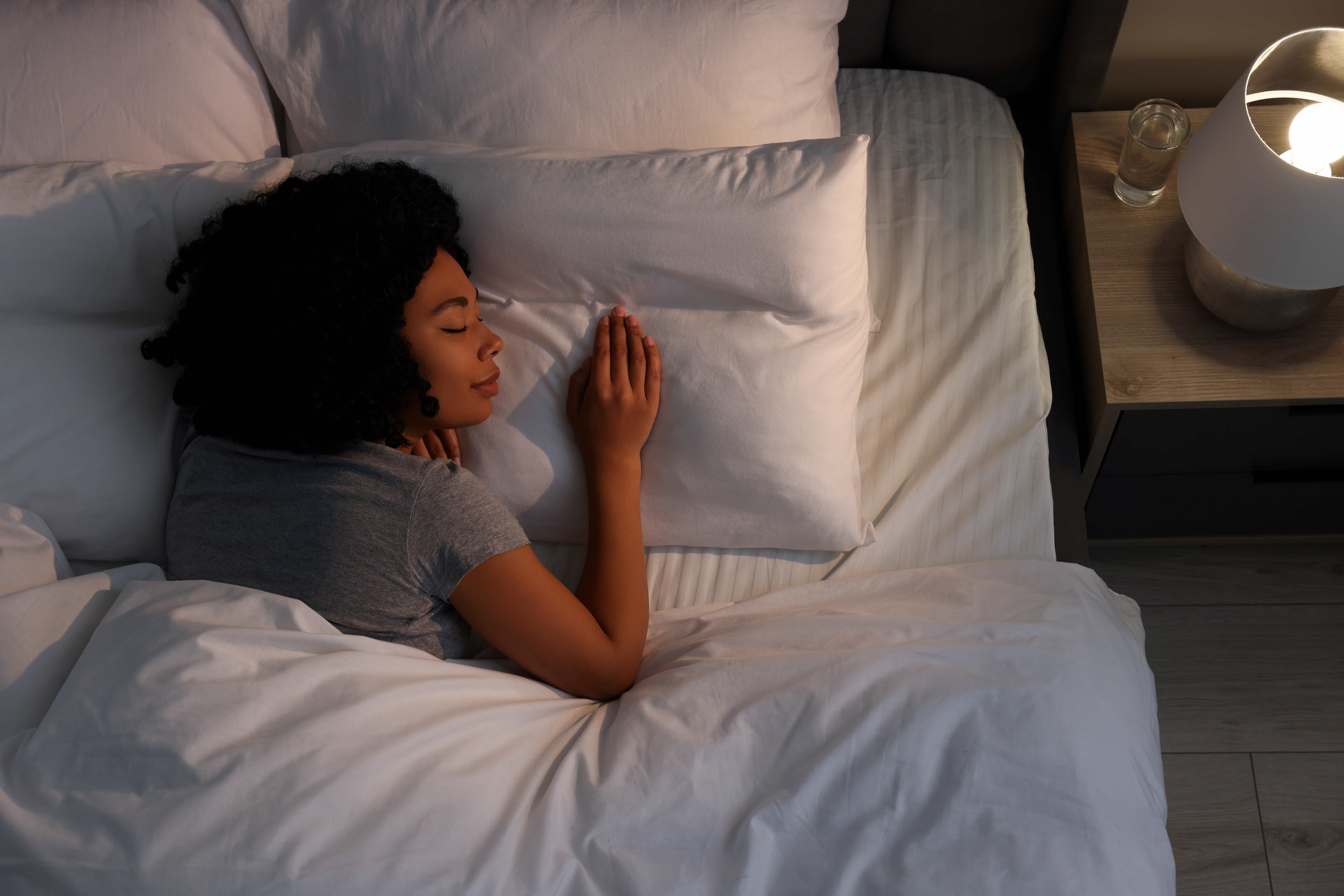Sleep smarter: Daylight saving, tracking and tips for better rest

With school in full swing and the busy holiday season fast approaching, it can be harder to prioritize sleep. Many of us let our sleep fall by the wayside, as we juggle work, family and external stressors. According to the Centers for Disease Control and Prevention (CDC), more than 1 in 3 adults are not getting enough sleep. Inconsistent sleep can affect your body, mind and overall health.
According to the National Institutes of Health, sleep is as important for good health as diet and exercise. Good sleep improves your brain performance, mood and health. Not getting enough quality sleep regularly raises the risk of many diseases and disorders. These range from heart disease and stroke to obesity and dementia. The quality of your sleep is very important.
Before we turn back our clocks for daylight saving, let's build better habits for more good nights of sleep.
Daylight saving: Prepare to “fall back”
On Sunday, Nov. 3, we will adjust our clocks back by one hour, to allow for more daylight during these dark winter mornings and treat you to an extra hour of sleep for one glorious night. You likely will feel better rested in the morning, and might even wake up before your alarm goes off.
But payback comes with the springtime clock adjustment when we lose an hour overnight.
If that extra hour still doesn’t feel like enough, you may want to look at your sleep habits.
How much sleep do I need?
Most adults need about 7.5 to 8 hours of sleep every night, but this can vary based on your overall health, exercise habits and stress levels.
Should I track my sleep?
If you’re interested in learning more about your sleep habits, like how many hours of sleep help you feel well rested, you can track your sleep.
Expensive sleep trackers are trending, but do you need one? These devices monitor your heart rate, blood pressure and body temperature to track your sleep hours, sleep stages, wake-up times and more in-depth data. This new technology, although interesting, is far beyond what the average person needs to monitor their sleep.
For most people, a simple sleep diary can help understand your habits that can be shared with your primary care doctor to address any concerns. When creating your sleep diary, be sure to include when you:
-
Go to sleep
-
Wake up during the night
-
Wake up in the morning
-
Nap
-
Exercise
-
Drink caffeine or alcohol
-
Take medications
Tips for better sleep
A good night’s sleep relies on good habits while you’re awake. Habits that can improve your sleep quality include:
-
Setting a bedtime that allows you to get at least seven hours of sleep
-
Having a consistent sleep schedule (getting up and going to sleep at the same time every day)
-
Avoiding looking at electronic devices 30 minutes before bed
-
Exercising regularly
-
Avoiding caffeine in the evenings
When to see a doctor
If you regularly have problems sleeping, need help with your sleep habits or notice signs of a sleep disorder, talk to your primary care physician. Looking for a primary care physician? Find a Providence physician who's right for you.

